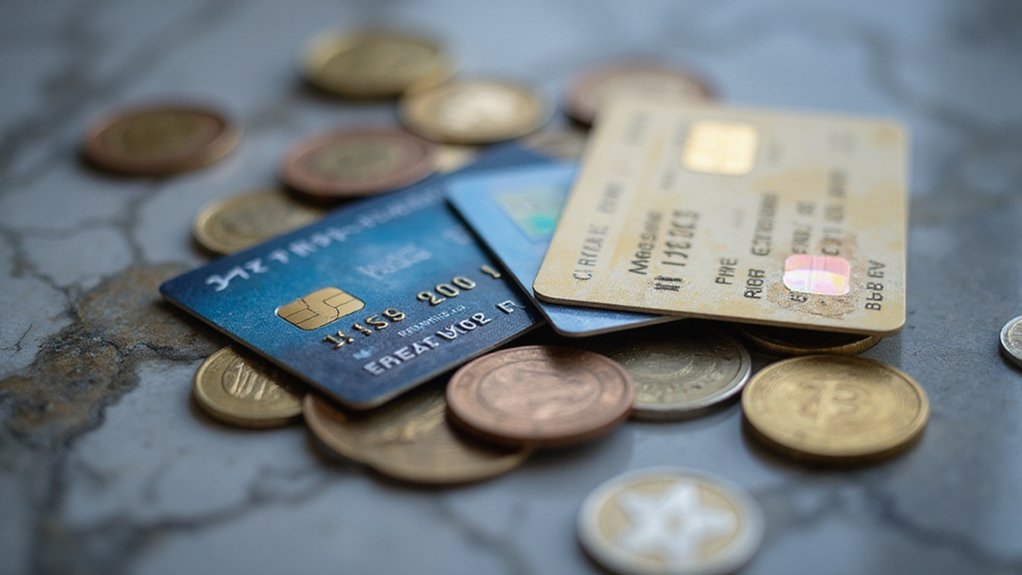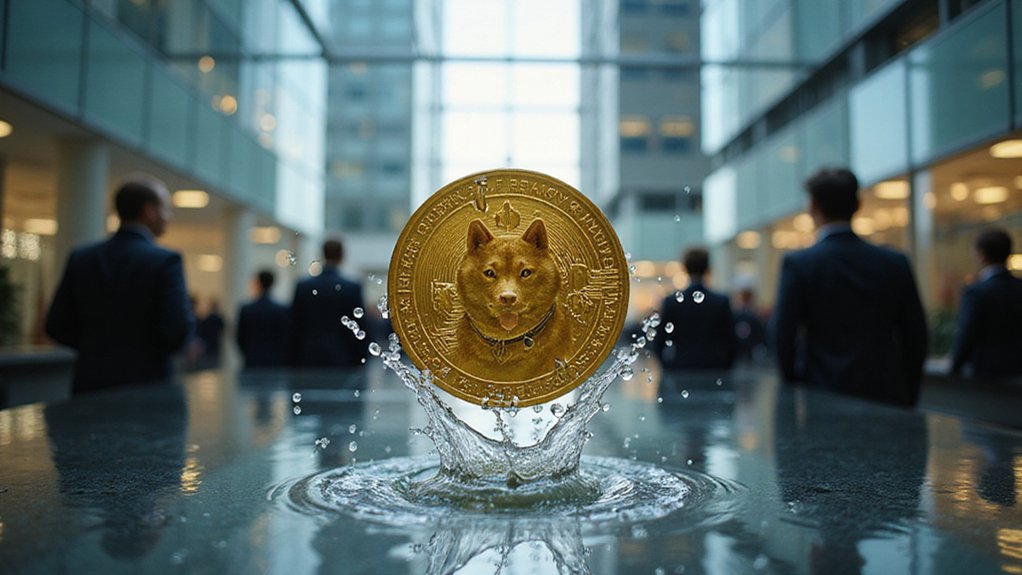PayPal has revealed personalized, one-time payment links that promise to dissolve the friction plaguing peer-to-peer money transfers—a development that arrives precisely as digital payments have become as essential as morning coffee, yet somehow remain about as seamless as filing taxes.
These platform-agnostic links operate across any communication channel, from texts to messaging apps, without requiring recipients to possess PayPal accounts (imagine that—a payment system that doesn’t demand universal adoption before functioning properly). Users simply share links containing payment requests to anyone with a valid email address or phone number, effectively transforming every conversation into a potential transaction portal.
The innovation extends beyond mere convenience. PayPal is simultaneously integrating cryptocurrency transfers directly into its P2P workflow, enabling U.S. users to send bitcoin, ether, and PayPal’s PYUSD stablecoin across accounts. This crypto integration transforms the platform from a traditional payment processor into something resembling an extensive digital asset exchange—though one suspects most users will continue splitting dinner bills rather than contemplating blockchain revolution.
The strategic implications prove particularly intriguing regarding cross-border transactions. Traditional international transfers often involve fees that would make medieval toll collectors blush, plus conversion delays that suggest money travels via horseback. PayPal’s payment links, combined with cryptocurrency’s borderless nature, could potentially eliminate such inefficiencies while supporting multiple currencies and global communication channels. The growth of stablecoins facilitates efficient cross-border transactions as enterprises increasingly embrace these digital assets for international payments.
This timing reflects broader market dynamics where competitors like Zelle are similarly innovating, creating a fascinating arms race in payment convenience. Meanwhile, companies like Blink Charging are preparing to accept cryptocurrency payments by 2025, signaling widespread adoption of digital assets across diverse industries. PayPal’s approach removes the need for sharing sensitive banking information—a privacy enhancement that addresses legitimate security concerns while maintaining accessibility across devices and platforms.
The company’s strategy appears designed to attract users through enhanced convenience while boosting retention via ecosystem expansion. By enabling quick fund transfers within minutes and supporting diverse use cases from bill splitting to debt repayment, these features address genuine pain points in digital finance.
Whether this represents genuine transformation or merely incremental improvement remains to be seen, though eliminating platform friction in cross-channel payments certainly beats the current system of hoping everyone uses identical apps.








